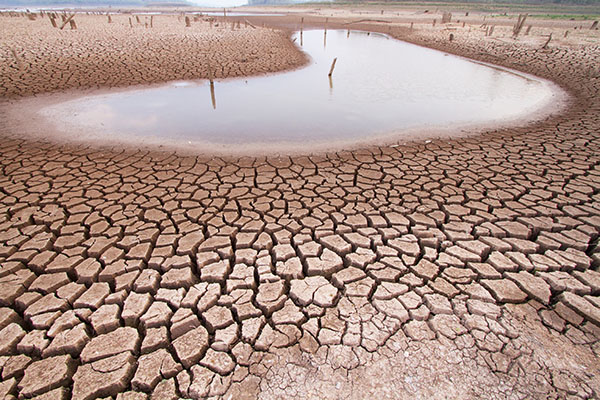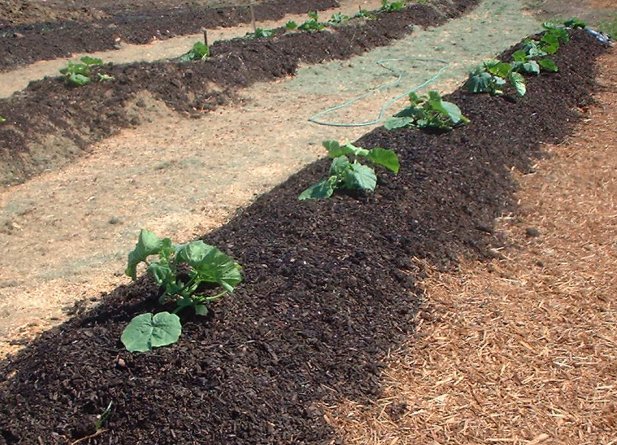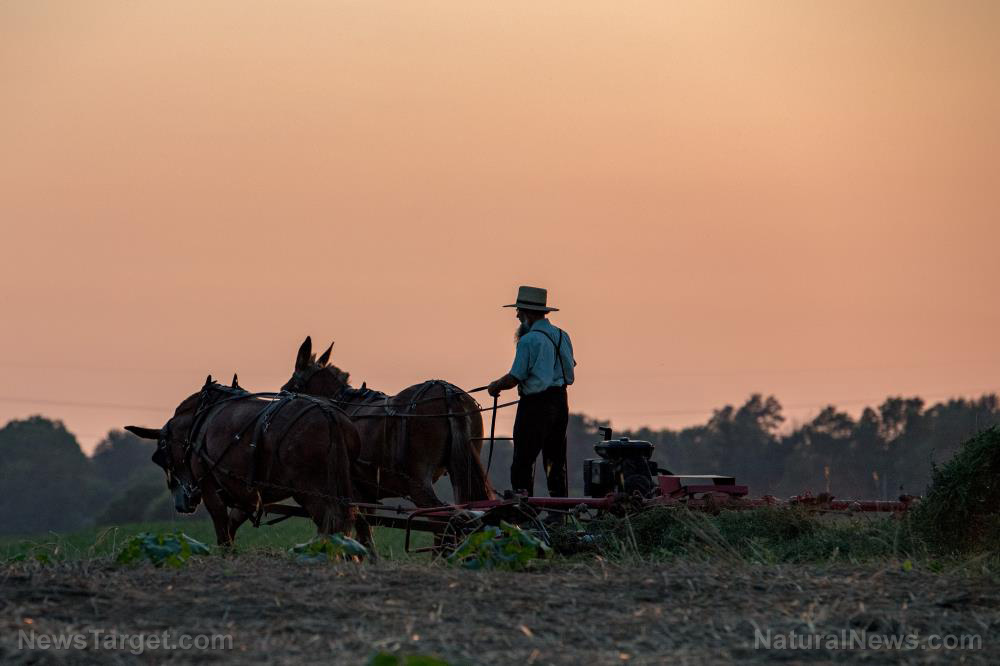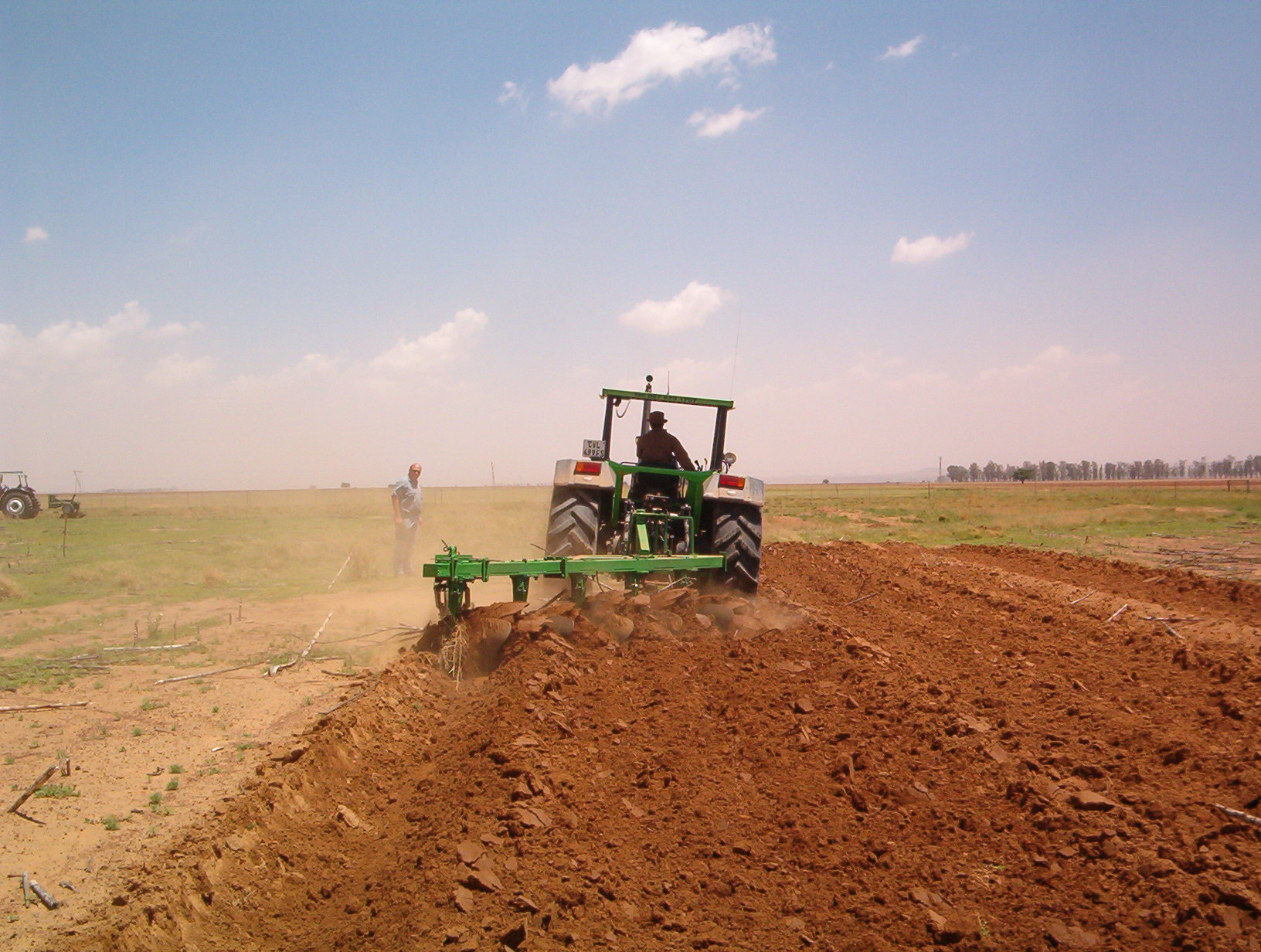Groundwater reserves in the United States are being depleted at alarming rates
03/01/2024 / By Ava Grace

The United States is racing toward a water crisis.
All across the country, groundwater reserves are being depleted at a dangerous rate. The impact of their depletion could be disastrous for America and the global food supply.
An investigation found that 45 percent of the more than 80,000 groundwater wells surveyed across the nation showed a statistically significant decline in water levels since 1940. Four in ten of the wells have hit record-low levels in the past decade alone
“There is no way to get that [groundwater] back. There’s almost no way to convey how important it is,” said Don Cline, the associate director for water resources at the U.S. Geological Survey (USGS).
The impacts are already becoming visible across the country. Groundwater sources under the breadbasket state of Kansas, which normally produce about 25 percent of U.S. wheat, are struggling to support the 2.6 million acres dedicated to industrial-scale agriculture. In the wake of two years of droughts and plummeting groundwater levels, Kansas is looking at its smallest wheat harvest since 1961.
Meanwhile, in Phoenix, the fastest-growing city in the U.S., state officials have effectively banned the construction of new houses relying on groundwater due to overuse and a decades-long drought that has made the region increasingly reliant on underground supplies.
New York state is also hurtling headlong into a drinking water crisis from Long Island to the Hamptons because of over-pumping, and across parts of Utah, California and Texas, roads are cracking, foundations are collapsing, and sinkholes are appearing because of sinking groundwater levels.
“From an objective standpoint, this is a crisis,” Warigia Bowman, a law professor and water expert at the University of Tulsa. “There will be parts of the U.S. that run out of drinking water.”
Communities making farmers pay for groundwater as part of conservation efforts
All of this is causing some communities to consider making farmers pay for their groundwater to help conserve resources. This initiative is being pushed by communities in the Pajaro Valley, a 10-mile-long stretch of rich agricultural soil along the coast of Monterey Bay, and home to Watsonville, the strawberry capital of the world.
“Ninety percent of all the crops in the Pajaro Valley use groundwater,” said Marcus Mendiola with the Pajaro Valley Water Management Agency. “Ninety percent of all water needs in the valley are from groundwater. In the 1990s, we began to put meters on wells, and then sometime after that, we began to charge for water that growers pump from those wells, and they all pump from the same aquifer.”
Officials say the point of making farmers pay for groundwater is less about revenue than it is to get farmers to use less water.
“We think that it’s fair to have a payment,” said Antonio Tovar with the National Family Farm Coalition. “When you have something that is free, you abuse those resources.”
Watsonville is at the center of groundwater conservation and agriculture, but its thirsty problems are found across the country.
While American farmers elsewhere water their crops by freely pumping the groundwater beneath their land, growers in Pajaro must pay hefty fees for irrigation, making it one of the most expensive places to grow food in the country, if not the world.
Around 26 percent of the country’s water supply comes from groundwater, with the U.S. pumping approximately 82.3 billion gallons of water to the surface each day, according to the most recent data from the USGS. (Related: EPA report concludes that natural gas ‘fracking’ causes groundwater contamination.)
The water is crucial for farming and agriculture, with the majority used for crop irrigation and livestock purposes.
Groundwater supply is usually replenished by rain and snow melts that soak into the earth and move through the layers of the earth until they reach the water table – the water level of the groundwater reservoir.
“We need to recognize that while groundwater may be invisible, it is not inexhaustible,” said VK Madhavan, the chief executive of WaterAid India, where groundwater depletion is also an issue. “There is an urgent need to govern the extraction of groundwater and reduce the demand on it.”
Watch this video questioning how groundwater extraction may be shifting the planet’s axis tilt.
This video is from the Terral03.com on Brighteon.com.
More related stories:
World Economic Forum globalists want to leverage water crisis to form world government.
EPA to crack down on FOREVER CHEMICALS in drinking water via proposed national standards.
Sources include:
Submit a correction >>
Tagged Under:
agriculture, big government, California, chaos, Collapse, dangerous, drought, Ecology, environment, groundwater, national security, organic farming, panic, rationing, scarcity, tap water, water conservation, water crisis, water supply, Water Wars, Watsonville
This article may contain statements that reflect the opinion of the author
RECENT NEWS & ARTICLES
OrganicFarming.News is a fact-based public education website published by Organic Farming News Features, LLC.
All content copyright © 2018 by Organic Farming News Features, LLC.
Contact Us with Tips or Corrections
All trademarks, registered trademarks and servicemarks mentioned on this site are the property of their respective owners.



















